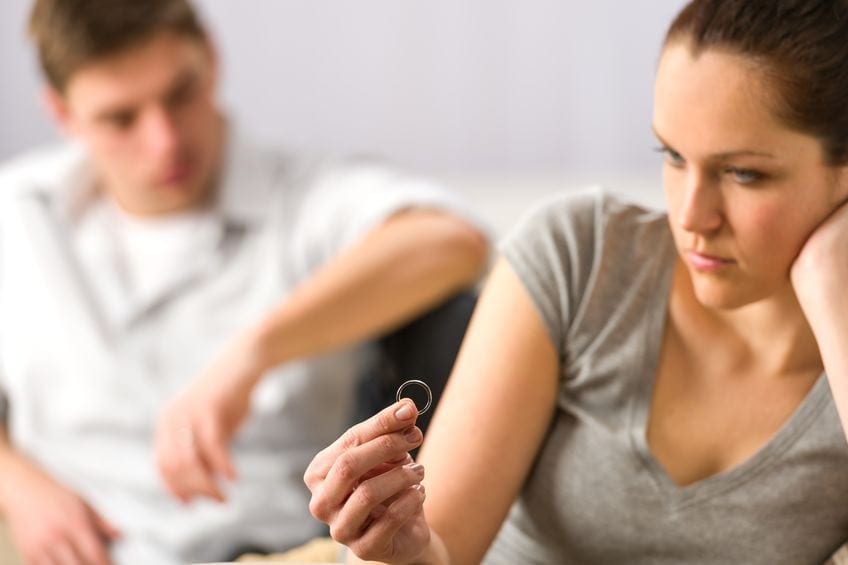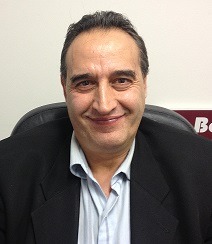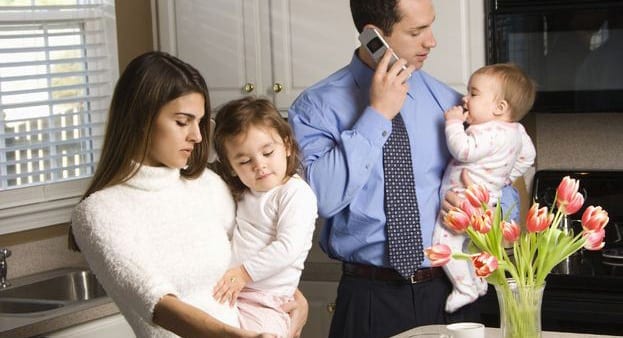“We are just too different for our relationship to work, and so relationship counselling is a waste of time”. I had a new client say this to me this week, and it is a common thing for people to think.
But nothing could be further from the truth, so I thought I’d fill you in on what I have found from relationship counselling with thousands of couples in trouble.
Have you ever thought what it would be like if your partner was exactly like you in every way? To start with, it would be physically impossible, but even it it was possible, would you really want it? Someone who was a clone of you except for the sexual anatomy?
Boring boring boring!
It is differences that make life interesting, it’s differences that give you advantages, it’s differences that give you other perspectives, it’s differences that balance you out.
It is often the differences that attract you to your partner when you first meet. For example you loved her fun loving nature because you are very serious; you were attracted to his neat organised structured way, as you were disorganised and forgetful.
Every couple has areas that they are different. There is no inherent problem with being different from your partner. The problem is only with how you handle the differences.
For every couple, there will be differences that are so great that you feel you are polar opposites, each sitting on the outside edge of the continuum when compared with each other. For example: very responsible versus playful and fun loving, or very social versus a homebody.
The key factor in whether you see this as a huge problem or a huge gift, is whether you judge your partner or not. Do you sit at the end of your continuum looking over at your partner saying, or thinking “He’s such a jerk or an annoyance. Why doesn’t he do things like I do?”
Well, if so, you are wasting a huge amount of energy, not to mention a huge opportunity to see the gift your partner is giving to you.
If one of you is reliable and responsible and the other is fun loving, each of you is a gift to each other. Becoming more spontaneous and fun loving is just what the overly responsible one needs, and similarly, picking up more responsibility is just what the fun loving one needs too.
If you can handle it as a gift both to each other and the relationship, you can enrich your relationship with your differences. The only thing stopping you is your sense of superiority and judgement which is the thing that will be killing your relationship, not the differences.
If you’re interested in further exploring relationship counselling, we’d love to hear from you.
More next time
Regards
Julie








 deserted.
deserted.
 This Hart psychologist is a registered psychologist and provides marriage and
This Hart psychologist is a registered psychologist and provides marriage and 
 Our Hart Psychologist has over 25 years experience. She enjoys working with couples and families on relationship issues to improve skills in communication, problem solving and conflict resolution. She provides
Our Hart Psychologist has over 25 years experience. She enjoys working with couples and families on relationship issues to improve skills in communication, problem solving and conflict resolution. She provides 
 This Hart Psychologist has been a registered psychologist since 2009, specializing in relationship counselling. She provides marriage counselling and
This Hart Psychologist has been a registered psychologist since 2009, specializing in relationship counselling. She provides marriage counselling and 



